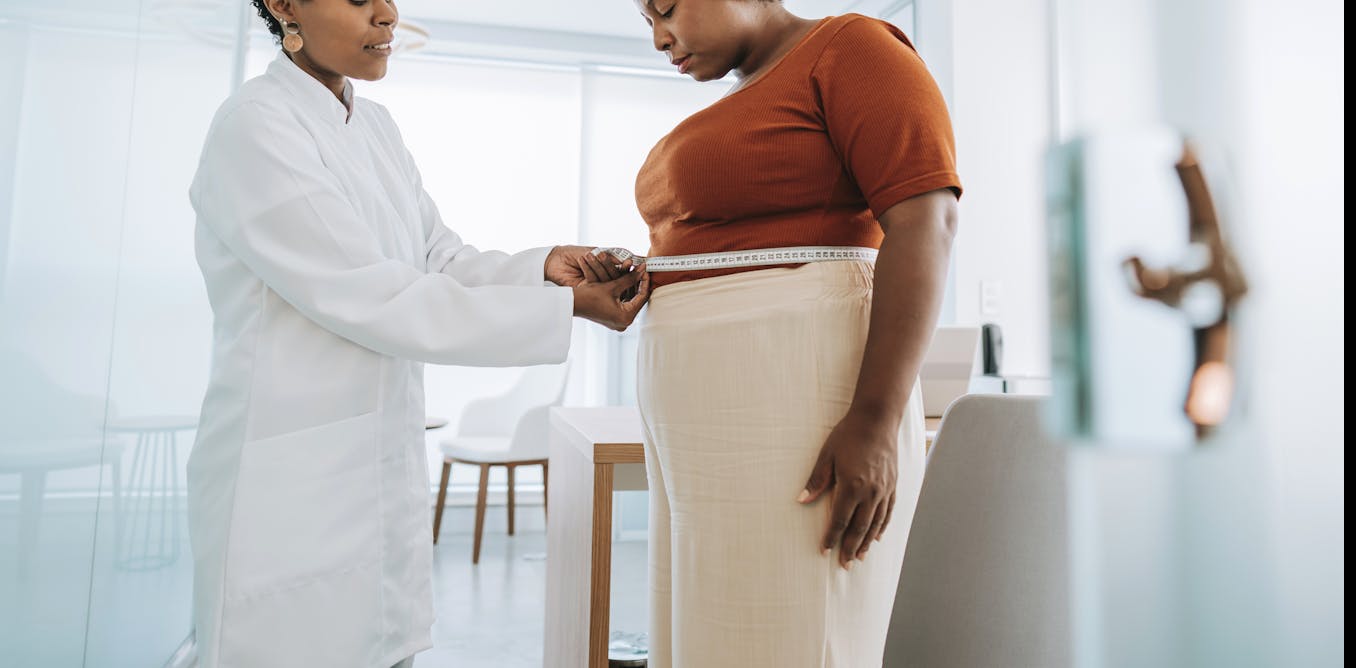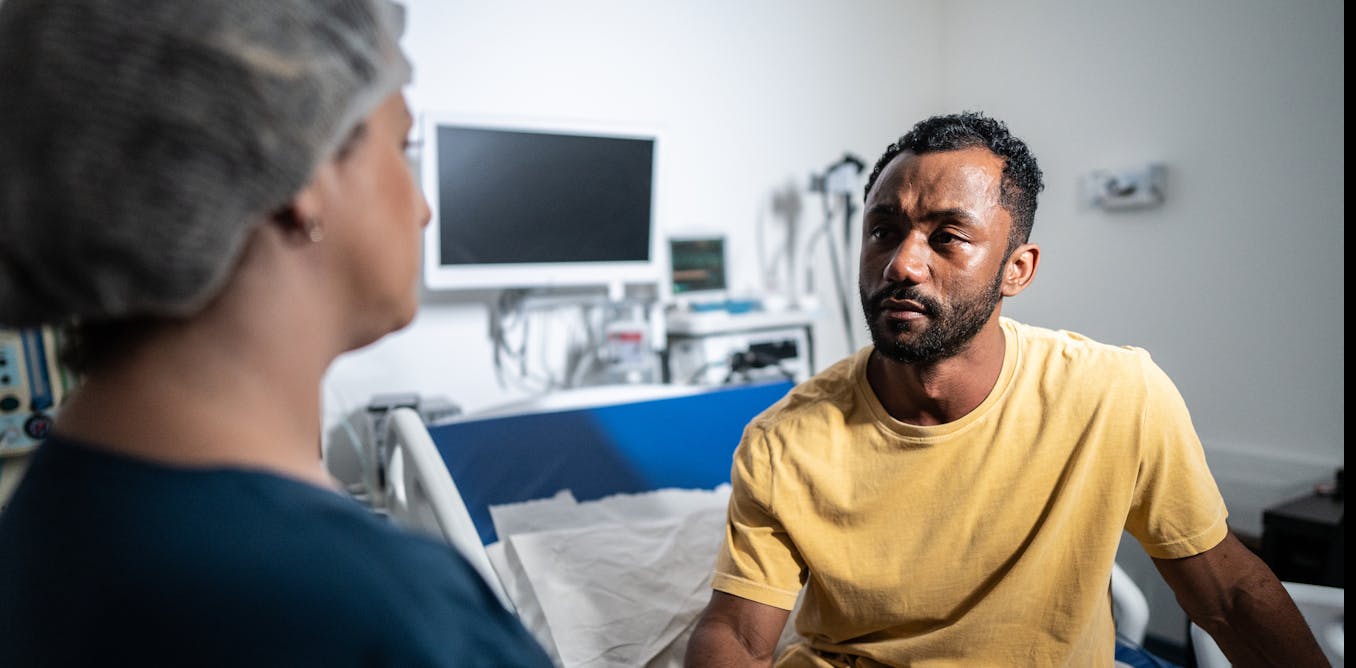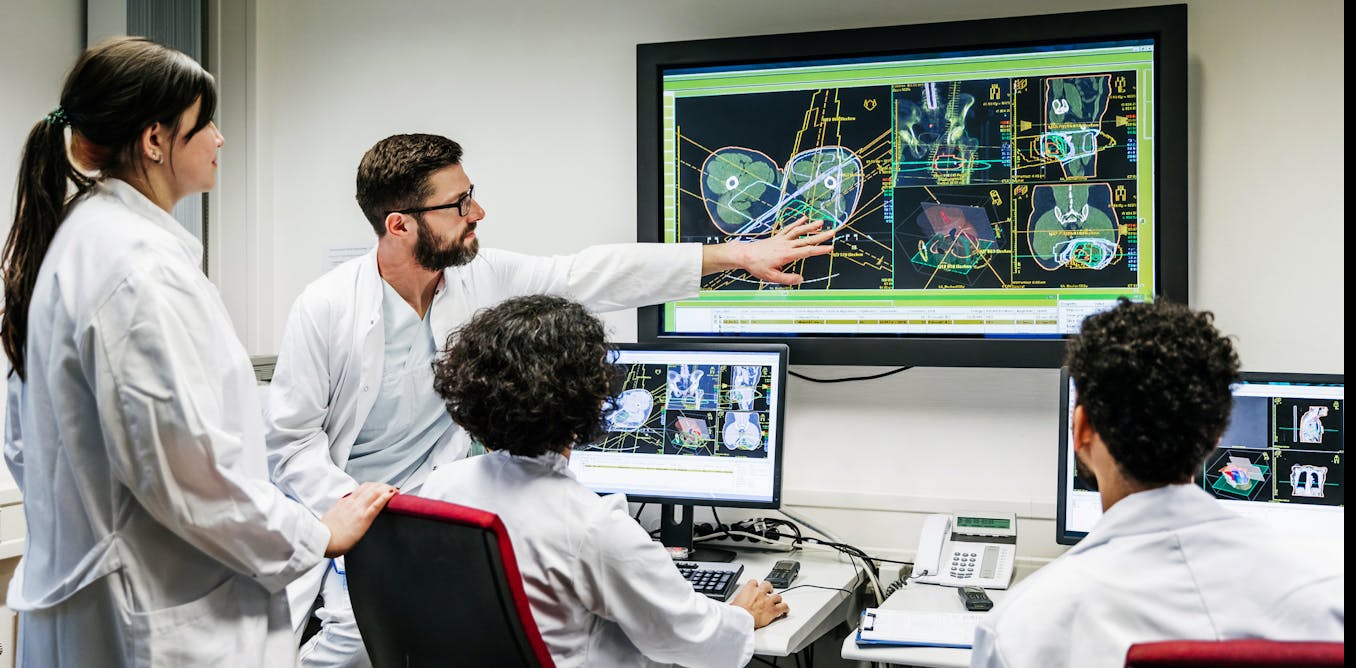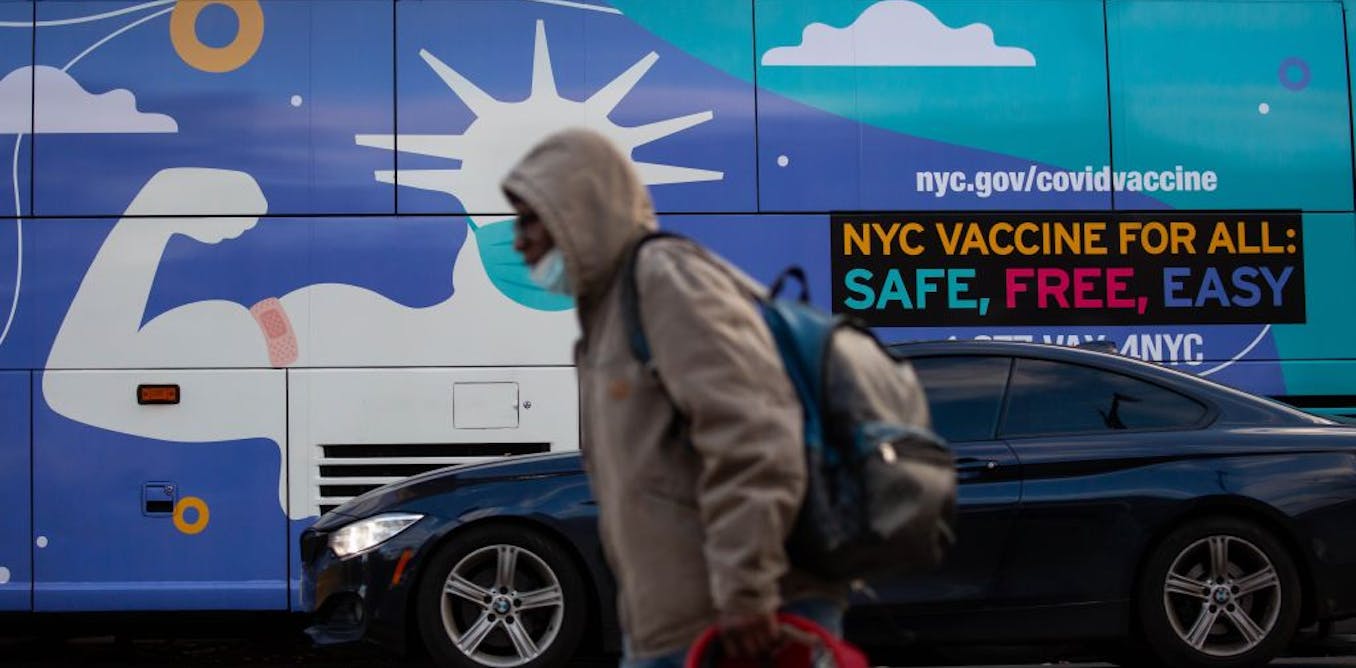Weight loss plans are less effective for many Black women − because existing ones often don’t meet their unique needs
Healthy diet and regular exercise are key to treating obesity. But the stress of everyday racism and sexism hinder Black women from adopting lifestyle changes necessary for weight loss.
Nov. 13, 2024 • ~7 min








